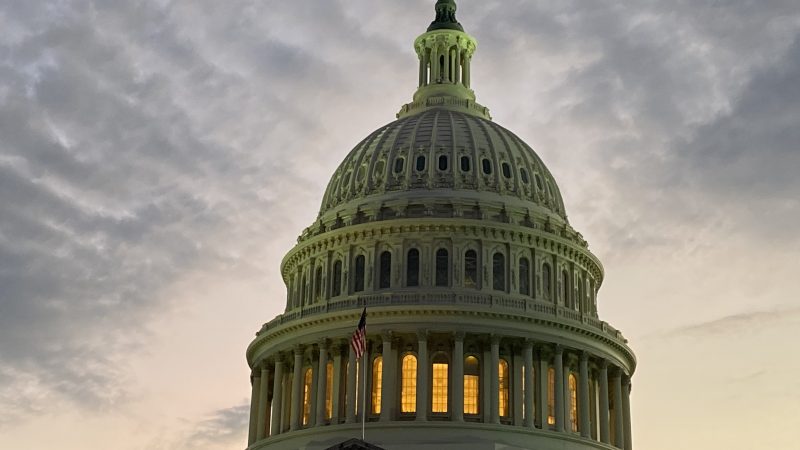
Why and How Faculty Should Participate in U.S. Policy Making
If the U.S. Congress is to produce sound policies that benefit the public good, science and technology faculty members must become active participants in the American policy-making process. One key element of that process is congressional hearings: public forums where members of Congress question witnesses, learn about pressing issues, develop policy initiatives and conduct oversight of both the executive branch and corporate practices.
Faculty in science and technology should contribute to congressional hearings because: 1) legislators should use data and scientifically derived knowledge to guide policy development, 2) deep expertise is needed to support effective oversight of complex issues like the spread of misinformation on internet platforms or pandemic response, and 3) members of Congress are decision makers on major issues that impact the science and technology community, such as research funding priorities or the role of foreign nationals in the research enterprise. A compelling moment during a hearing can have a profound impact on public policy, and faculty members can help make those moments happen.
Read the full article at Inside Higher Ed.
A deeper understanding of methane could help scientists better address these impacts – including potentially through methane removal.
We are encouraged that the Administration and Congress are recognizing the severity of the wildfire crisis and elevating it as a national priority. Yet the devil is in the details when it comes to making real-world progress.
The good news is that even when the mercury climbs, heat illness, injury, and death are preventable. The bad news is that over the past five months, the Trump administration has dismantled essential preventative capabilities.
The Federation of American Scientists supports H.Res. 446, which would recognize July 3rd through July 10th as “National Extreme Heat Awareness Week”.